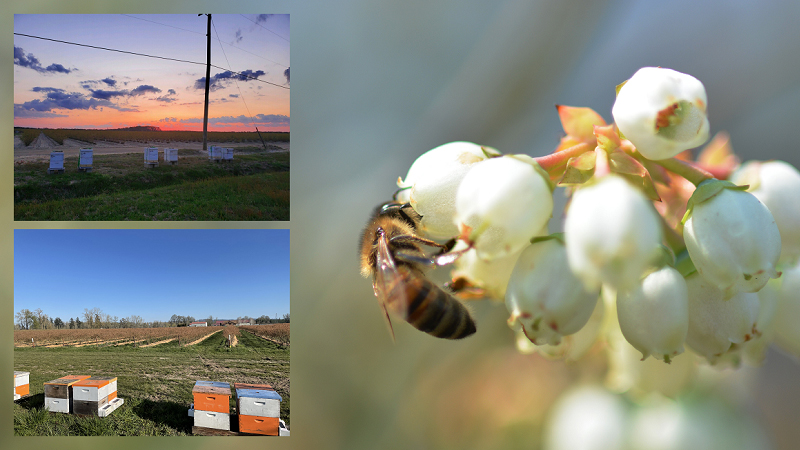Terhune Orchards’ Read And Pick Program Helps Kinds Understand How Fruit Grows

Growers looking for ways to attract new customers might want to consider shifting their focus away from adult consumers. Instead? Think about catering to the children of those consumers. Terhune Orchards in Princeton, NJ, is one operation that has been successful with just such an approach. Four years ago, the orchard started a program called Read and Pick, which manager Tannwen Mount says has been both a fun and lucrative venture for the business.
Mount says her parents (Pam and Gary Mount, 2005 Apple Grower of the Year), who own the farm, began offering orchard tours for school children years ago, but they felt there was a void for younger children and that parents were looking for more of an educational component to their farm visits. Read and Pick filled that void. “It’s a hands-on farm activity, whether it’s picking or a craft, along with story time,” Mount explains. “We talk about the farm a little bit, do our story time, and talk about how the crop grows, and then we go out and actually experience it first-hand.”
Mount says the program has grown significantly over the last few years. A lot of the growth has come from word of mouth, but Terhune also promotes Read and Pick through its quarterly newsletter, eNews blasts, traditional print ads, website, and on other local websites that promote kids’ activities.
Mastering The Logistics
The biggest challenge with the program, says Mount, is that it’s getting very big. “We’ve been learning how to stagger our timing,” she notes. Because it can be difficult for parents to get young children to an event on time, having one session starting at 9:30, another at 9:45, and a final at 10 helps. “Once you get here, it’d be pretty frustrating to have already missed your story, so we try to be really sensitive about all those components and try to make sure that we are able to have happy guests at all of our events,” Mount says.
A significant amount of planning also needs to go into the events, Mount adds. “I think it’s important to time your stories accordingly with your crops,” she says. “You can’t predict a late spring, so on a rare year we’ve had to switch blueberries, or move strawberries with something else, but we try to make sure we have them scheduled such that we know we’ll have an abundance at that time. Trying to schedule so you make sure your crop will be in at that time is pretty important.”
Terhune also charges a fee to participate, which includes the container of fruit or vegetables the child picks, or the craft activity. “And certainly they can pick additional fruit, as well, and that’s the normal price per pound,” Mount says.
As far as when to hold the events, Mount says weekday mornings seem to work well for Terhune. “Things might be different for other stores, but for us, doing this kind of program on a Saturday wouldn’t be as great of a draw for us, but doing it on a weekday morning is great because it’s an additional influx of business on a slower day.”










